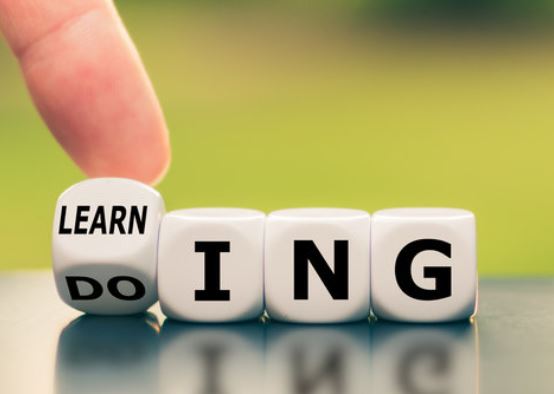
Cognitive Learning
The Freshman is committed to make significant change or improvement to the way education is delivered, with the aim of enhancing the learning experience and outcomes for students. The transformation can encompass many aspects of education, including instructional methods, assessment techniques, curriculum design, technology integration, and teacher training, among others.
In recent years, technology has played a significant role in transforming education. For example, the widespread adoption of online learning platforms and educational apps has made education more accessible and convenient for students. Additionally, the use of virtual and augmented reality has opened up new avenues for delivering immersive and interactive learning experiences.

Transforming education is not just about incorporating technology. It also involves rethinking traditional teaching methods, breaking down barriers to access, and creating more equitable learning opportunities for all students.
Learning by doing is a popular approach to education that emphasizes active, experiential learning. Rather than simply learning through lectures or reading, students are encouraged to engage in hands-on learning activities, such as experiments, simulations, and real-world projects. It is more engaging and motivating for students when they are actively involved in the learning process, they are more likely to be invested in the material and more likely to retain what they have learned.
There are many benefits to learning by doing. For one, it allows students to apply what they have learned in a practical, real-world context. This helps to solidify their understanding of the material and also helps to build important skills, such as problem-solving, critical thinking, and collaboration.
Another area where learning by doing can be effective is in STEM fields. In these fields, students may engage in experiments, simulations, and other hands-on activities to learn about scientific concepts and principles. For example, they may build robots or conduct experiments in a laboratory to learn about physics, chemistry, or biology.

Overall, learning by doing is a powerful approach to education that can help students to develop a deep understanding of the material and build important skills. Whether you are learning about composition, STEM fields, or any other area, getting hands-on experience is key to mastering the subject matter.
